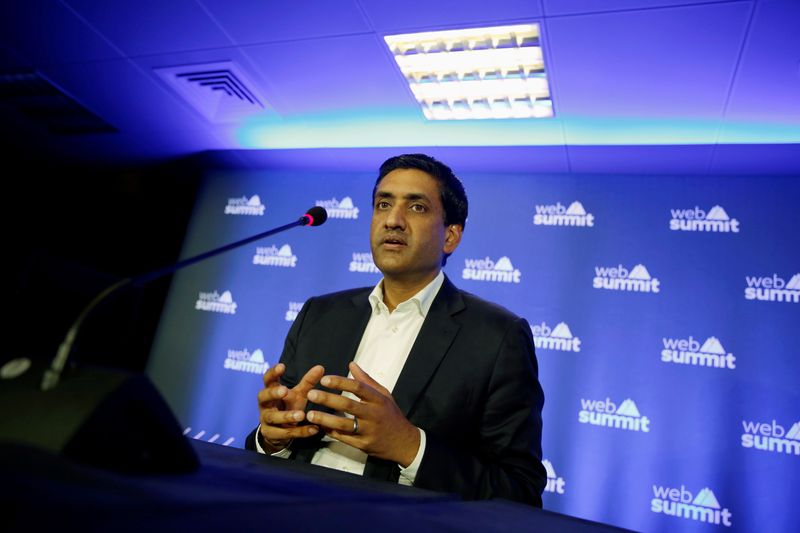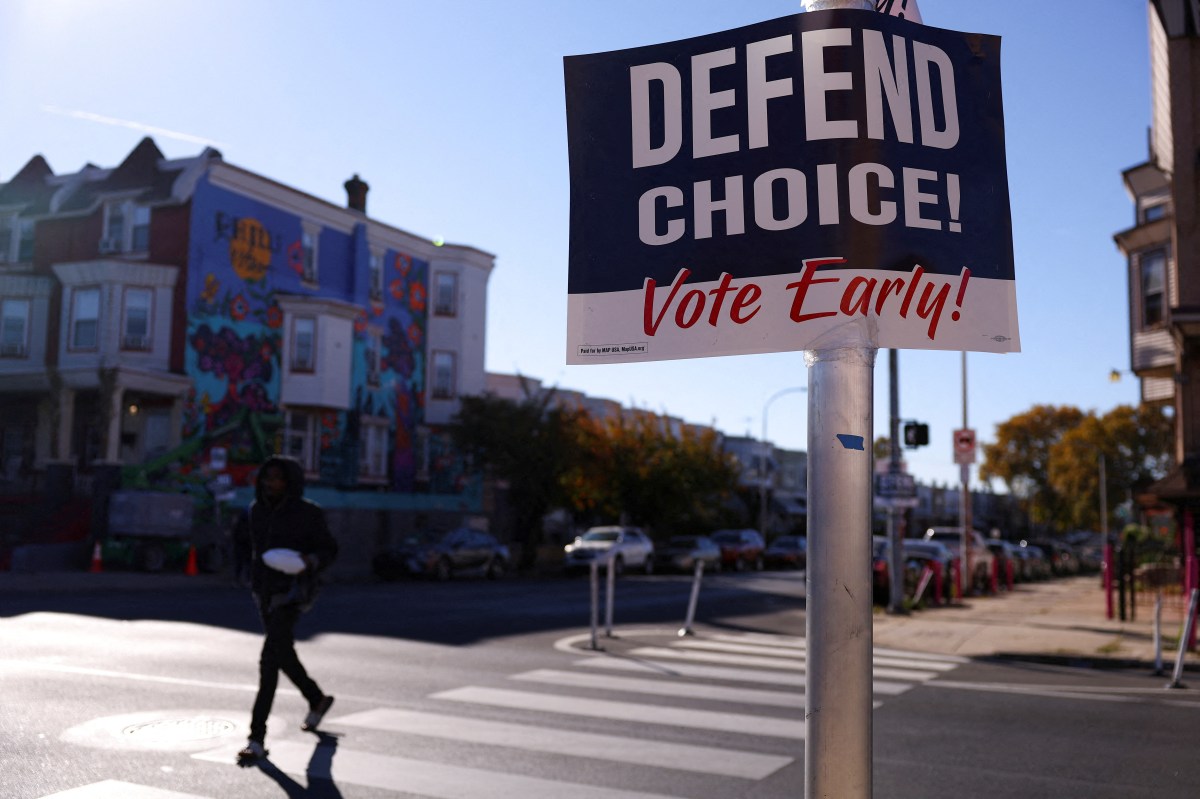WASHINGTON (Reuters) – A Congressional hearing this week into whether oil companies misled the public about climate change marks the start of a broad probe that may extend to other industries from advertising to social media, according to a lawmaker leading the effort.
The sweeping nature of the Democrat-led investigation reflects rising urgency within the party to address global warming as Republicans and moderate Democrats block climate provisions at the heart of President Joe Biden’s spending bill, and as global leaders prepare to meet on climate change in Glasgow, Scotland next month.
“This will be a year-long investigation and the hearings mark the beginning of it,” Representative Ro Khanna, a progressive Democrat on the House committee told Reuters in an interview. “The idea is for them to admit to the American people what they have done.”
Top executives from Exxon Mobil Corp, BP America, Chevron Corp and Shell Oil, along with lobby groups the American Petroleum Institute and the Chamber of Commerce, will testify on Oct. 28 at the House oversight committee hearing.
Democratic lawmakers have said they want to model the event after the House’s Big Tobacco probe of the 1990s which took place over many months and eventually revealed that companies buried evidence that cigarettes are addictive and harmful.
Khanna said Thursday’s hearing would focus on the energy industry’s denial for decades that their products played a leading role in fueling climate change, and on whether the companies’ current claims of supporting climate action were real.
He said the committee would also eventually turn to the oil industry’s use of advertising and social media platforms and seek testimony from executives in those companies too.
Executives from social media firms like Facebook Inc and Twitter Inc have already come under intense scrutiny from Congress over their role in the pervasion of fake news and their impact on the well-being of young social media users.
The CEOs who have agreed to testify at the virtual hearing are Exxon Mobil’s Darren Woods, BP America’s David Lawler, Chevron’s Michael Wirth and Shell Oil President Gretchen Watkins. American Petroleum Institute President Mike Sommers and Chamber of Commerce President Suzanne Clark will also testify.
All have denied deliberately misleading the public about climate change.
BIG OIL’S STRATEGY
A source involved in the oil industry’s pre-hearing preparations said the companies hoped to use the hearings to highlight their recent efforts to address climate change through investment in renewables and research and development.
The executives were also expected to highlight the rise in gasoline and natural gas prices due to the global energy supply crunch and argue that a rapid shift away from fossil fuels would lead to even higher energy bills, the source said.
Committee Chairwoman Carolyn Maloney had asked the executives for documents dating back to the 1970s showing who the companies and groups funded on climate campaigns and what internal scientists had advised them on climate.
Khanna said the committee was unhappy with the number of documents that had been submitted so far, and implied that it could lead to subpoenas. “We’re willing to use any tool at our disposal to get more documents,” he said.
He said the documents received so far included some from a former Exxon lobbyist, Keith McCoy, who was secretly recorded https://www.reuters.com/article/us-usa-lobbying-exxon-climate-idCAKCN2E62TJ by environmental group Greenpeace, saying the company’s support of a carbon tax was a ruse to appear progressive on climate change since the company believed the idea would never become law.
Exxon has said McCoy’s statements were an inaccurate depiction of the company’s position. McCoy did not immediately respond to a request for comment.
Thursday’s hearing will also likely highlight a strategic rift between Europe and U.S-based energy companies on climate change. European companies like BP and Shell are moving faster into clean energy businesses than U.S. based Exxon and Chevron.
“I think it’s an opportunity for a company like BP to show that we are in action toward a net zero goal by 2050,” said J.P, Fielder, a BP America spokesperson. Shell’s Watkins said meeting the demand for reliable energy while addressing climate “is a huge undertaking and one of the defining challenges of our time.”
Exxon spokesperson Casey Norton said the company had made “substantial investments in next-generation technologies” and “advocates for responsible climate-related policies.”
Chevron did not comment.
(Reporting by Timothy Gardner; Editing by Stephen Coates)





















